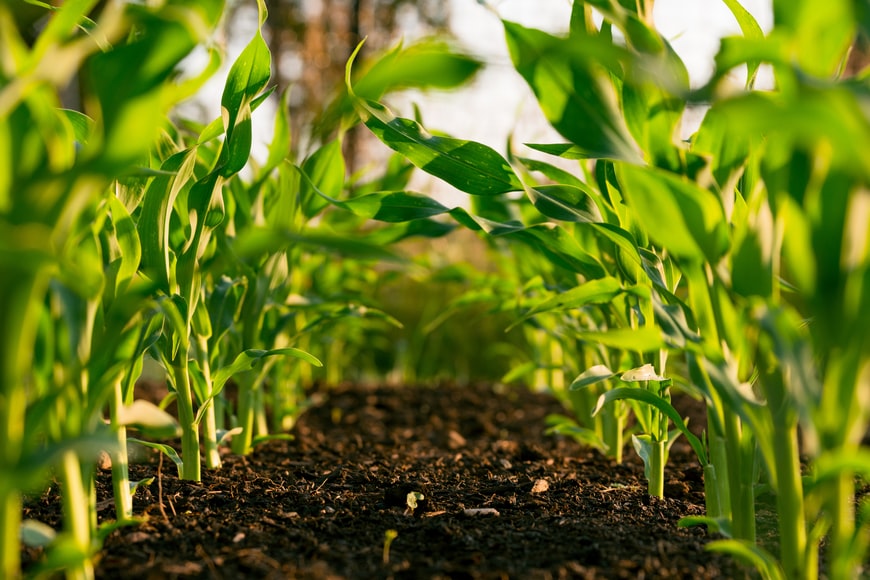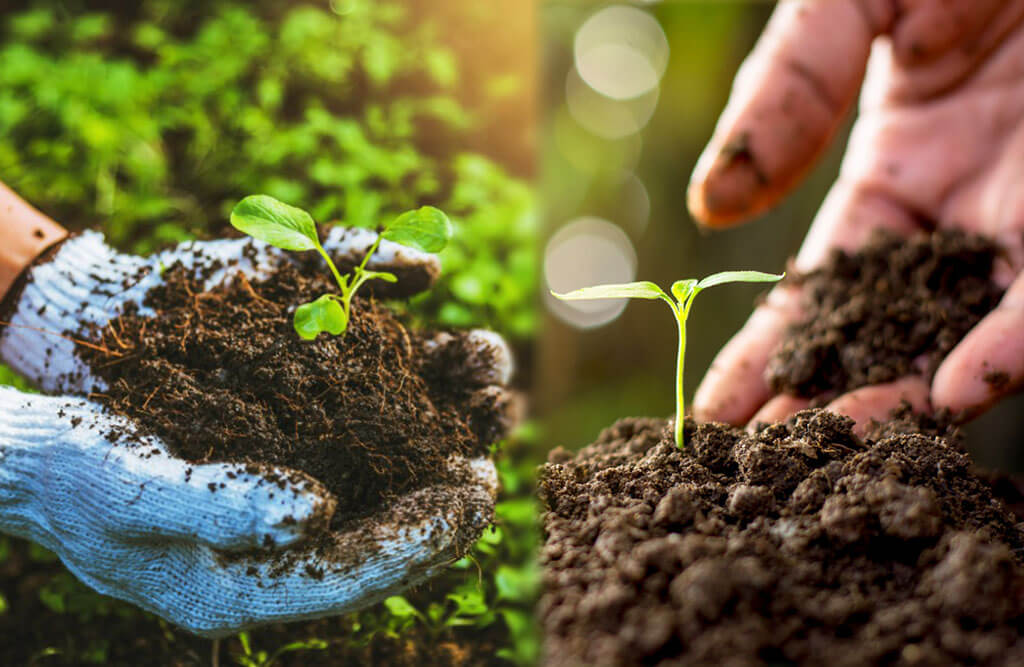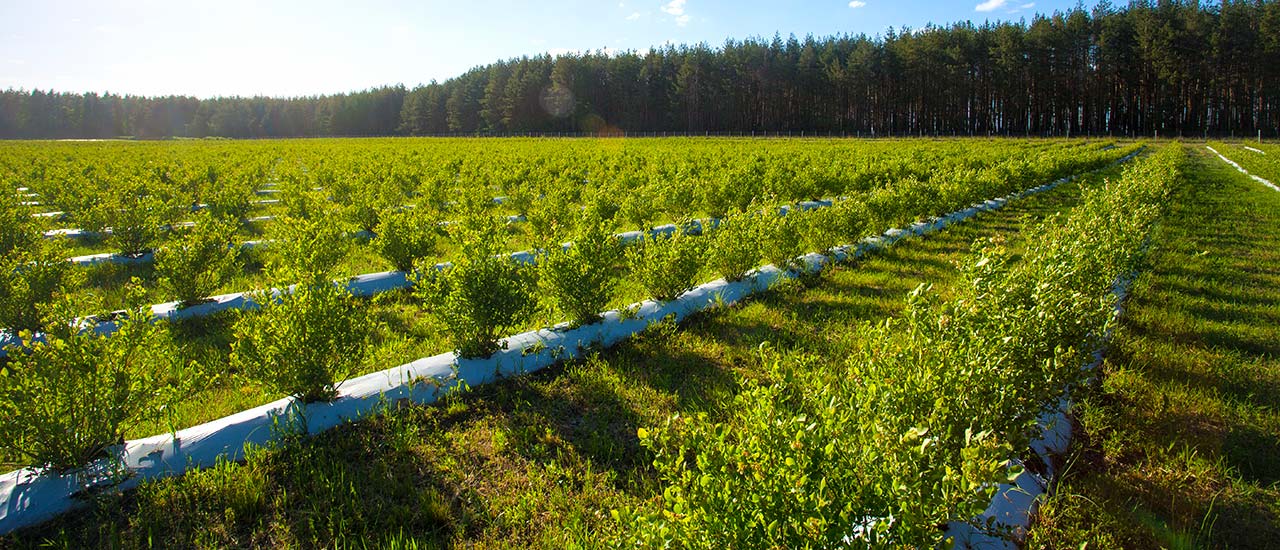Soil is the heart of organic farming. Unlike conventional systems that rely on synthetic fertilizers, organic farms depend on healthy, living soil to nourish crops and sustain ecosystems. As the organic industry grows, maintaining soil health is both a challenge and an opportunity to innovate. From microbial diversity to nutrient cycling, the science of soil is unlocking new ways to boost productivity while protecting the environment.
Healthy soil is teeming with life—billions of microorganisms work together to break down organic matter, fix nitrogen, and improve soil structure. Organic farmers nurture this ecosystem through practices like composting, cover cropping, and reduced tillage. However, these methods require precision to maximize benefits. For example, applying too much compost can lead to nutrient runoff, while too little can starve crops. Advanced soil testing, now widely available, measures key indicators like carbon content and microbial activity, helping farmers fine-tune their approach.
Technology is taking soil management to the next level. Real-time sensors embedded in fields can monitor moisture, pH, and nutrient levels, providing a continuous picture of soil health. These tools are especially valuable in organic systems, where natural inputs take longer to release nutrients than synthetic ones. By tracking these metrics, farmers can time their interventions—like adding biochar or rotating crops—for optimal impact. Research shows that farms using sensor-based soil management can increase yields by 10–20% while reducing resource waste.
Soil health also plays a critical role in climate resilience. Organic soils rich in organic matter act as carbon sinks, sequestering greenhouse gases and mitigating climate change. Practices like agroforestry and perennial cropping further enhance this effect by stabilizing soil and reducing erosion. As extreme weather becomes more common, healthy soil helps organic farms weather droughts and floods by retaining water and supporting robust root systems.
Education is key to scaling these practices. Many organic farmers are eager to adopt soil-focused innovations but lack access to training or resources. Industry leaders, including technology providers and certification bodies, have a role to play in closing this gap. Workshops, online platforms, and peer networks can empower farmers to experiment with new tools and share what works.
The future of organic farming lies beneath our feet. By prioritizing soil health, farmers can produce nutrient-dense food, restore ecosystems, and build resilience against a changing climate. As technology and science converge, the possibilities for organic agriculture are limitless—rooted, as always, in the soil.


